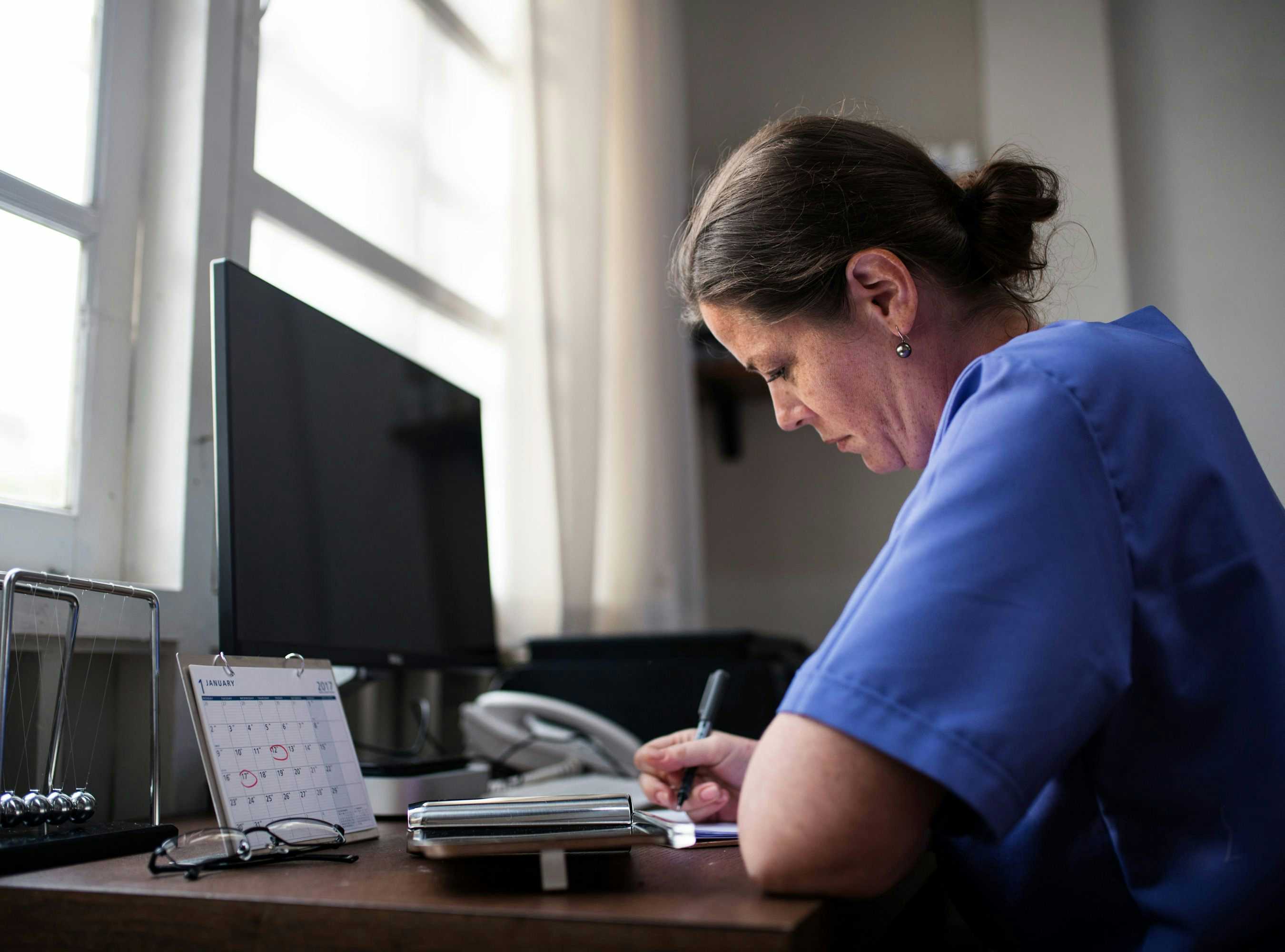Court: United States Court of Appeals for the Tenth CircuitJurisdiction: FederalCase Name: Neiberger v. FedEx Ground Package Sys.Citation: 2009 U.S. App. LEXIS 11161
The plaintiff’s appeal for review of the district court’s refusal to allow the testimony of her occupational therapy expert witness was denied because the plaintiffs failed to provide adequate records indicating that error occurred on the part of the district court.
Facts
The plaintiffs, a husband and wife, filed a negligence suit against the defendants — a delivery driver, the delivery company he worked for, and the owner of the delivery van. The plaintiffs alleged that they were seriously injured after the defendant (delivery driver) negligently pulled into their lane as they were attempting to pass him on the highway. Pursuant to the Colorado Rev. Stat. § 10-4-714 (repealed in July of 2003), the jury handed down a special verdict that the plaintiff had not proven any of the losses necessary to prove a claim under tort law. The district court handed down a decision in favor of the defendants. The plaintiffs appealed against the judgment. Part of their appeal entailed a motion challenging the district court’s refusal to allow testimony provided by her occupational therapy expert witness.
The Occupational Therapy Expert
The expert witness had 30+ years of experience offering occupational therapy, forensic analysis, life-care counseling, and expert testimony specializing in career training, rehabilitation and life-care preparation in regulatory hearings, as well as in the government, the US District, and the Federal Courts. The occupational therapy expert witness was an approved service provider by the Colorado State Department of Labor Workers Compensation (Qualified Rehabilitation Consultant), the Federal Workers’ Compensation (OWCP), and the Social Security Administration Office of Disability and Review (ODAR). The occupational therapy expert witness was a Fellow of the American Occupational Therapy Association (FAOTA) and a Certified Life Care Planner (CLCP), a Qualified Rehabilitation Consultant (QRC) and an Associate Member of the American Board of Vocational Experts (VE). She is also a member of the AOTA–American Medical Association, Physical Medicine and Rehabilitation (PM&R) Work Group on Current Procedural Terminology.
Discussion
Under the Colorado no-fault law, the plaintiff was able to bring a tort claim by arguing that the incident had forced her to receive medical treatment that was reasonably necessary and had a value of more than $2,500. The plaintiff appealed against the district court’s exclusion of evidence from her occupational therapy and life-planning expert regarding the incurred medical expenses.
The court immediately disposed of the claim in consideration of the occupational therapy expert witness. The record of the appeal included just a few pages of the expert’s testimony in which there was no mention of medical expenses. As a result, the court was unable to decide which, if any, evidence had been omitted. The court noted that “a party who seeks to reverse the decision of a district court must provide an adequate record for this court to determine that error was committed,” citing Travelers Indem. Co. v. Accurate Autobody, Inc. The court accordingly refused to consider the plaintiff’s testimony regarding the occupational therapy expert’s testimony.
Held
Parties seeking to reverse district court decisions must always provide adequate records of the error in question. Because the court could not discern any error in the lower court’s decision to exclude the testimony of the occupational therapy expert witness, the plaintiff’s motion was denied.
About the author
Zach Barreto
Zach Barreto is a distinguished professional in the legal industry, currently serving as the Senior Vice President of Research at the Expert Institute. With a deep understanding of a broad range of legal practice areas, Zach's expertise encompasses personal injury, medical malpractice, mass torts, defective products, and many other sectors. His skills are particularly evident in handling complex litigation matters, including high-profile cases like the Opioids litigation, NFL Concussion Litigation, California Wildfires, 3M earplugs, Elmiron, Transvaginal Mesh, NFL Concussion Litigation, Roundup, Camp Lejeune, Hernia Mesh, IVC filters, Paraquat, Paragard, Talcum Powder, Zantac, and many others.
Under his leadership, the Expert Institute’s research team has expanded impressively from a single member to a robust team of 100 professionals over the last decade. This growth reflects his ability to navigate the intricate and demanding landscape of legal research and expert recruitment effectively. Zach has been instrumental in working on nationally significant litigation matters, including cases involving pharmaceuticals, medical devices, toxic chemical exposure, and wrongful death, among others.
At the Expert Institute, Zach is responsible for managing all aspects of the research department and developing strategic institutional relationships. He plays a key role in equipping attorneys for success through expert consulting, case management, strategic research, and expert due diligence provided by the Institute’s cloud-based legal services platform, Expert iQ.
Educationally, Zach holds a Bachelor's degree in Political Science and European History from Vanderbilt University.



